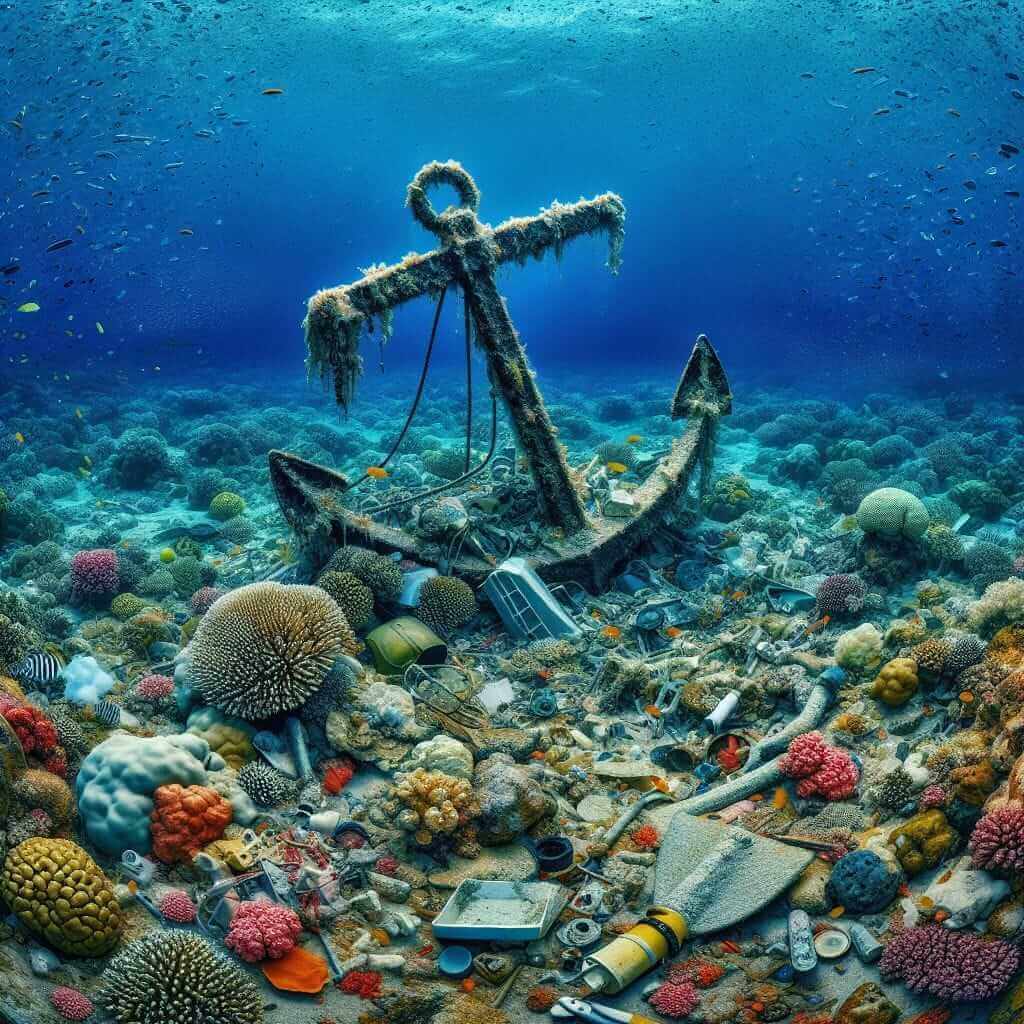As an experienced IELTS instructor, I often find students struggle with questions about environmental issues, particularly tourism’s impact. This isn’t surprising as it requires a blend of vocabulary, coherence, and real-world examples. This article will equip you with the tools to confidently tackle this question in your IELTS Speaking test.
Understanding the Question’s Scope
Before diving into structuring your response, it’s crucial to understand what the examiner is looking for. This isn’t simply a test of your environmental knowledge; it assesses your ability to:
- Analyze and discuss complex issues: Can you identify the various ways tourism affects the environment?
- Use appropriate vocabulary: Do you possess the language to discuss pollution, conservation, and sustainability?
- Structure your thoughts logically: Can you present your ideas in a clear and coherent manner?
Crafting a High-Scoring Response
Here’s a breakdown of how to formulate an impactful answer:
1. Introduction (Acknowledge the Issue)
Begin by acknowledging the link between tourism and environmental impact. This shows the examiner you understand the question’s premise.
- Example: “It’s undeniable that tourism, while beneficial for economies, puts a strain on the environment in various ways.”
2. Body Paragraphs (Specific Impacts)
Now, delve into specific examples. Aim for two to three distinct impacts, ensuring you explain them clearly.
- Impact 1: Pollution
- Explanation: “Increased travel often leads to higher emissions from planes and vehicles, contributing to air pollution. Furthermore, tourist hotspots might struggle with waste management, leading to land and water contamination.”
- Example: “For instance, the popularity of Southeast Asian destinations has resulted in some areas grappling with plastic pollution in their once-pristine waters.”
- Impact 2: Habitat Degradation
- Explanation: “The construction of hotels and resorts, coupled with increased foot traffic, can disrupt natural habitats, endangering local flora and fauna.”
- Example: “This is particularly evident in areas with delicate coral reefs, which are susceptible to damage from boat anchors and irresponsible snorkeling practices.”

3. Conclusion (Solutions or Outlook)
Finish by offering a brief conclusion. You can either suggest potential solutions or give a balanced outlook.
- Solution-Oriented: “However, with sustainable practices like ecotourism and responsible travel, we can mitigate these negative impacts.”
- Balanced Outlook: “It’s a complex issue, requiring a balance between economic benefits and environmental preservation.”
Additional Tips for Success
- Lexical Resource (Vocabulary): Incorporate words like “sustainability,” “conservation,” “biodiversity,” “carbon footprint,” “eco-friendly,” “degradation,” and “preservation.”
- Grammatical Range and Accuracy: Aim for a mix of simple and complex sentences. Pay attention to subject-verb agreement, tense consistency, and correct article usage.
- Fluency and Coherence: Speak at a natural pace, using discourse markers like “furthermore,” “moreover,” “on the other hand,” and “in conclusion” to connect your ideas smoothly.
- Practice Makes Perfect: Practice answering this question and similar ones related to the environment. Record yourself to identify areas for improvement.
Conclusion
By following these tips and practicing regularly, you’ll be well-equipped to confidently discuss the environmental impacts of tourism in your IELTS Speaking test. Remember, it’s not about memorizing a perfect answer but demonstrating your language skills and ability to engage with a relevant global issue.